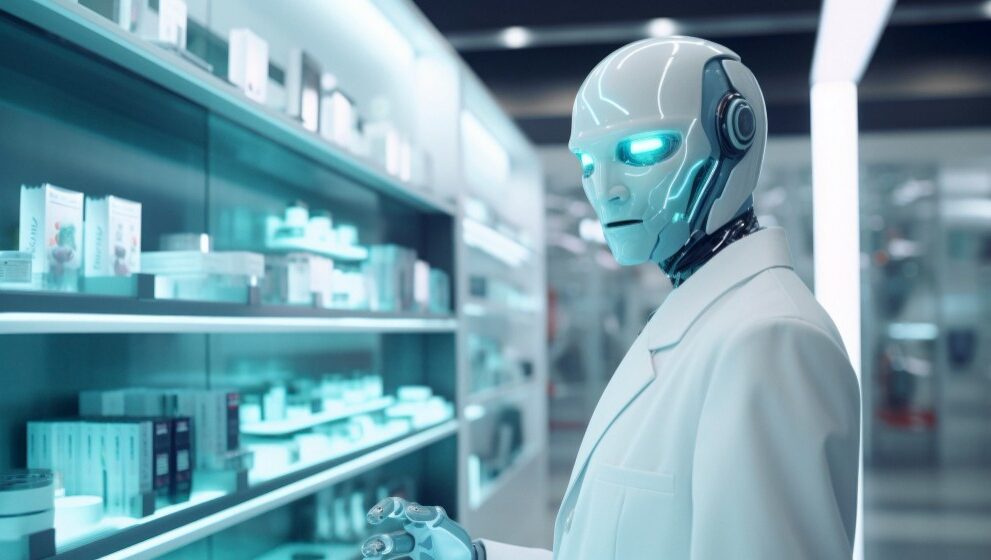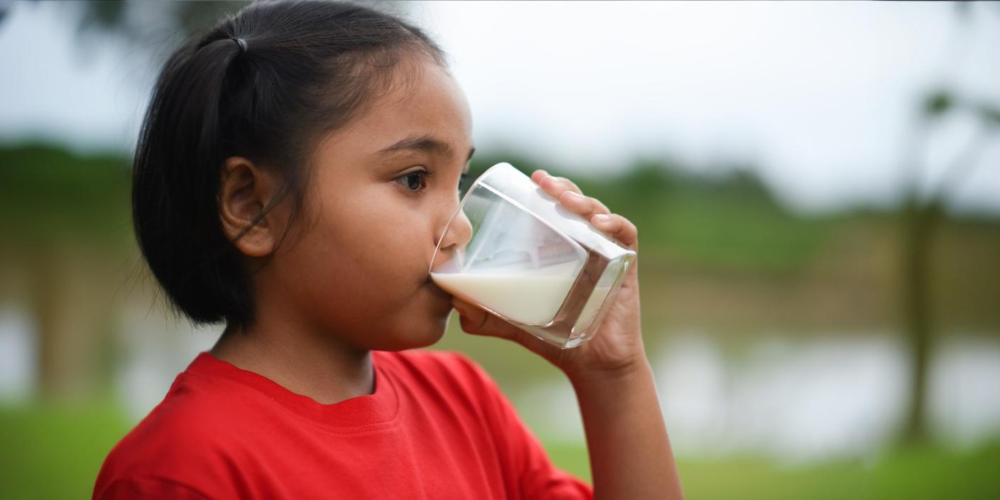From stethoscopes to digital twins, AI Is rewriting medicine
A new AI-supported diagnostic software deployed across 100 NHS stroke clinics in the UK is enabling diagnosis up to an hour faster via rapid scan analysis, tripling full recovery rates, from 16% to 48%
Author
Author
- admin / 5 months

- 0
- 4 min read

Author
With every passing day, the role Artificial intelligence (AI) in healthcare is becoming more prominent, advancing from buzzword to real-world impact. A host of innovations, from diagnostics and treatment to drug discovery and wearable tech, is reshaping how we approach patient care.
Streamlining Cancer Treatment
At Addenbrooke’s Hospital in the UK, Dr. Raj Jena has co-developed Osairis, an AI tool in collaboration with Microsoft that compresses radiotherapy planning from hours to mere minutes, vital for cancers like prostate and head-and-neck types. The tool allows clinicians to devote more time to patients.
Revolutionizing Stroke and Heart Diagnostics
A new AI-supported diagnostic software deployed across 100 NHS stroke clinics in the UK is enabling diagnosis up to an hour faster via rapid scan analysis, tripling full recovery rates, from 16% to 48%.
Similarly, Imperial College London and collaborators have unveiled an AI-powered stethoscope which can detect heart failure, valve disease, and arrhythmias in just 15 seconds. Trials showed dramatic improvements in diagnostic accuracy: twice as likely for heart failure, three times for atrial fibrillation, and nearly twice for valve disease.
Accelerated Drug Discovery and Vaccines
US pharmaceutical firms like Certara, Schrodinger, and Recursion are harnessing AI to target drug discovery amid an FDA initiative to reduce reliance on animal testing. Recursion notably accelerated a cancer drug candidate into clinical trials in just 18 months, against the standard 42-month timeline

In a complementary effort, Oxford University’s Vaccine Group secured a landmark £118 million grant from Larry Ellison’s Ellison Institute. This AI-backed five-year initiative will analyze human challenge trial data to develop vaccines targeting antibiotic-resistant pathogens
Personalizing Health: Digital Twins and Wearables
TCS (Tata Consultancy Services) introduced Digital Twin Heart technology in the context of the Sydney Marathon. By creating AI-powered virtual models of runners’ hearts, TCS offers insights into training, recovery, and individual cardiac risk, part of a vision to scale this technology globally through AI-enabled wearables
Patient-Facing Tools and Access
In the US, the AI-driven health startup Doctronic offers free, anonymous AI consultations that guide users through symptom assessments and provide up to four potential diagnoses. The system combines AI agents with human oversight, boasts 70% accuracy, and already serves tens of thousands weekly, with plans to integrate wearables and expand services
Meanwhile, casual patients are increasingly turning to AI chatbots like ChatGPT for medical advice. Experts, however, caution against potential misinterpretation and misuse, highlighting the role of training and oversight
Emerging Challenges and the Road Ahead
These developments are transformative but, at the same time, they also raise critical questions such as accuracy vs. trust: Studies show people often trust AI-generated medical advice, even when it’s inaccurate, something medical professionals must carefully guard against
Although these developments are changing the global healthcare scene, right from therapies to diagnostics, there is still a long way to go before AI makes a tangible difference. The governments and experts will need to address issues like trust, bias, and regulations. But this is true in so far as seeking health advice from the AI. The AI health tech is already making some real difference in terms of not just advancing the diagnostics but also increasing the access to healthcare, an advantage that will come in handy to the vast number of people in developing countries who have no access to a health infrastructure.
Also read: The AI race to automate healthcare: Can we keep the human touch?
(Do you have a health-related claim that you would like us to fact-check? Send it to us, and we will fact-check it for you! You can send it on WhatsApp at +91-9311223141, mail us at hello@firstcheck.in, or click here to submit it online).










